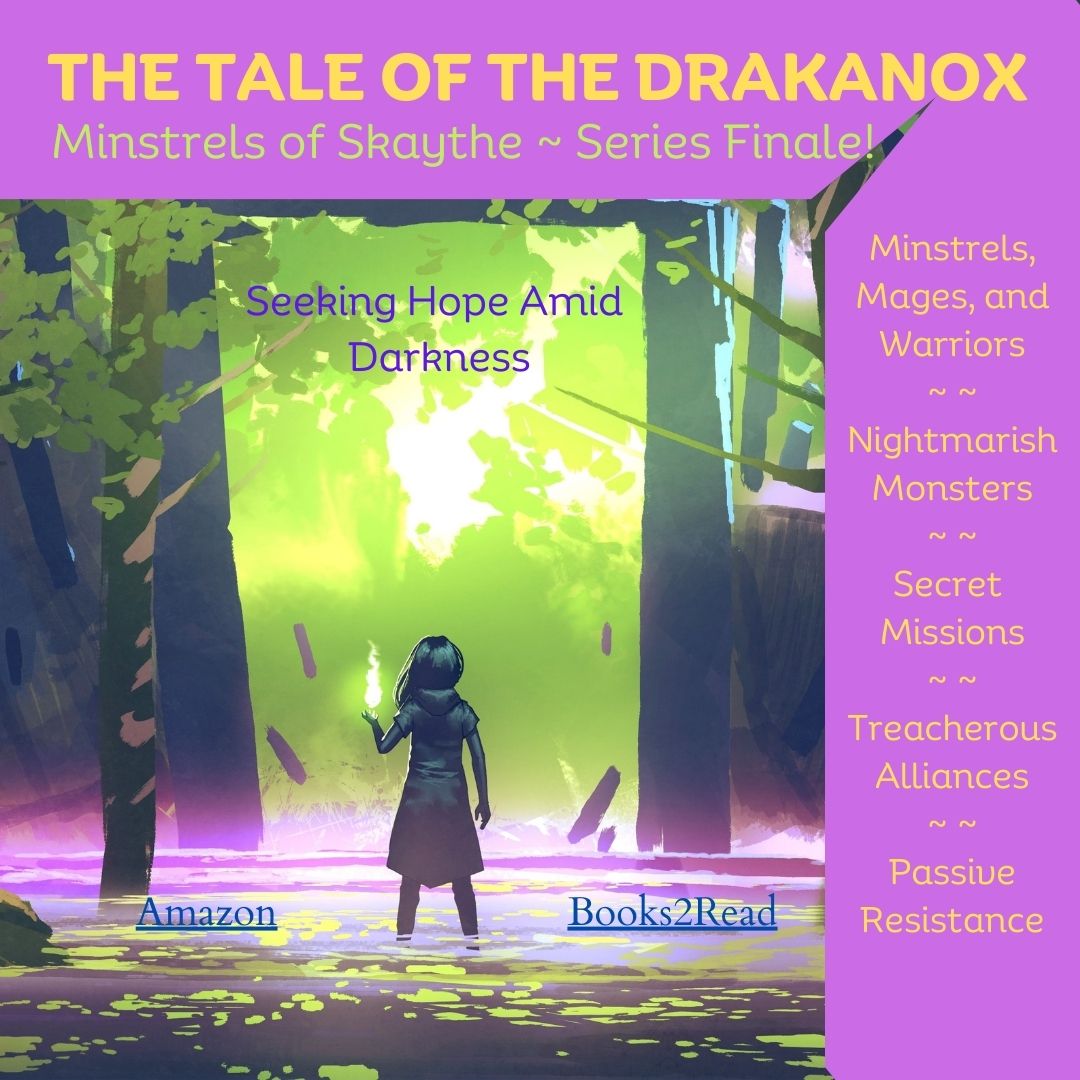Yes, this is the official release date for Aunt Anne’s Archive. I’m excited to bring out my second short story collection, spanning most of my career.
What’s in it? Twelve short stories, from the brooding “Bonewood Forest” and “Hag” to the humorous “Buried Treasure” and “Rosewood’s Challenge.” Some of them are previously published, while others are coming to the public for the first time. And all for just $9.95!
Get it from Amazon or Books2Read and prepare for a great read.
Aunt Anne’s Archive
Behind the velvet curtain, beyond the secret door, lies a lost archive of literary enchantments. From the creepy to the cozy, the mysterious and the magical, the witty and the wondrous, each tale casts its own rare spell. Welcome to Aunt Anne’s Archive.
Have you read one of my books? Then it would be great for you to leave a review! Meanwhile, if you’d like to learn more about me and my work, check out my website, Bluesky, Facebook, Pinterest, or Instagram.




